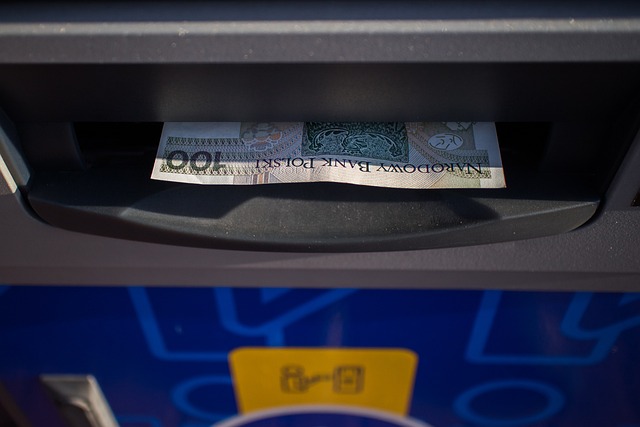Car title loan equity provides faster financing by using a vehicle's current value and condition as collateral, bypassing strict credit score requirements. Lenders assess factors like age, mileage, market demand, and specific loan terms to determine loan amounts, interest rates, and repayment schedules. While offering quicker access, borrowers must understand potential penalties and thoroughly review car title loan equity requirements before finalizing agreements.
When considering a short-term financial solution, car title loan equity and vehicle market value are key factors. This article breaks down the nuances of these concepts, offering insight into how they impact your borrowing power. We’ll explore what constitutes car title loan equity, the various elements affecting vehicle market values, and how these two aspects compare when determining collateral requirements. By understanding these fundamentals, you can make informed decisions regarding your financial needs.
- Understanding Car Title Loan Equity
- Factors Influencing Vehicle Market Value
- Comparing Collateral Requirements
Understanding Car Title Loan Equity

Car title loan equity is a financial solution that allows individuals to access a portion of their vehicle’s value, essentially using their car as collateral. Unlike traditional loans where your credit score plays a significant role, car title loan equity requirements focus on the overall health and market value of your vehicle. This alternative financing option is particularly appealing for those who need fast cash but may not have an excellent credit history.
The title pawn process involves borrowing against your car’s equity, and lenders will assess its current market value and condition to determine the loan amount. While it offers a quicker turnaround time compared to conventional loans, it’s crucial to understand the terms and conditions thoroughly. This includes knowing the interest rates, repayment schedules, and potential penalties for early repayment or defaulting on the title loan.
Factors Influencing Vehicle Market Value

Several factors significantly influence a vehicle’s market value, making it an essential consideration for those seeking car title loans or aiming to sell. One primary factor is the age and overall condition of the vehicle. Older cars generally depreciate faster, while well-maintained vehicles can retain their value better. Mileage also plays a crucial role; higher mileage often leads to lower valuations.
Additionally, market demand and supply dynamics are critical. Popular models or those with unique features might command higher prices. The overall health of the economy and local auto market trends can also affect values. During economic downturns, vehicle prices may drop, while strong economies often boost market values. Moreover, specific loan terms and requirements, such as car title loan equity needs and credit checks, can impact a vehicle’s perceived value in the eyes of potential buyers or lenders.
Comparing Collateral Requirements

When comparing a car title loan equity to traditional vehicle market value loans, one key difference lies in the collateral requirements. Car title loan equity requires borrowers to use their vehicle’s title as collateral. This means if you fail to repay the loan, the lender has the right to repossess your vehicle. The process for securing such a loan is often simpler and faster than traditional loan applications, which require extensive paperwork and strict credit checks. This can be particularly beneficial when you need financial assistance quickly, like for unexpected expenses or emergency funds.
Loan requirements for car title loans are generally less stringent compared to market value loans. Lenders typically consider the vehicle’s current condition and its residual value rather than its full market worth. This approach allows borrowers with lower credit scores or no credit history to access much-needed financial assistance. By using your car as collateral, you can obtain a loan even if your credit profile doesn’t meet the stringent criteria of conventional lenders, providing a viable option in times of need.
When considering a car title loan, understanding the difference between equity and market value is key. While lenders assess vehicle market value for loan approval, the actual collateral requirement often focuses on the car’s title loan equity. This disparity allows borrowers to access more funds than their vehicle’s current worth, provided they meet the specific equity requirements set by lenders. By carefully considering these factors, individuals can make informed decisions regarding short-term financing options, ensuring a smooth and beneficial borrowing experience.






